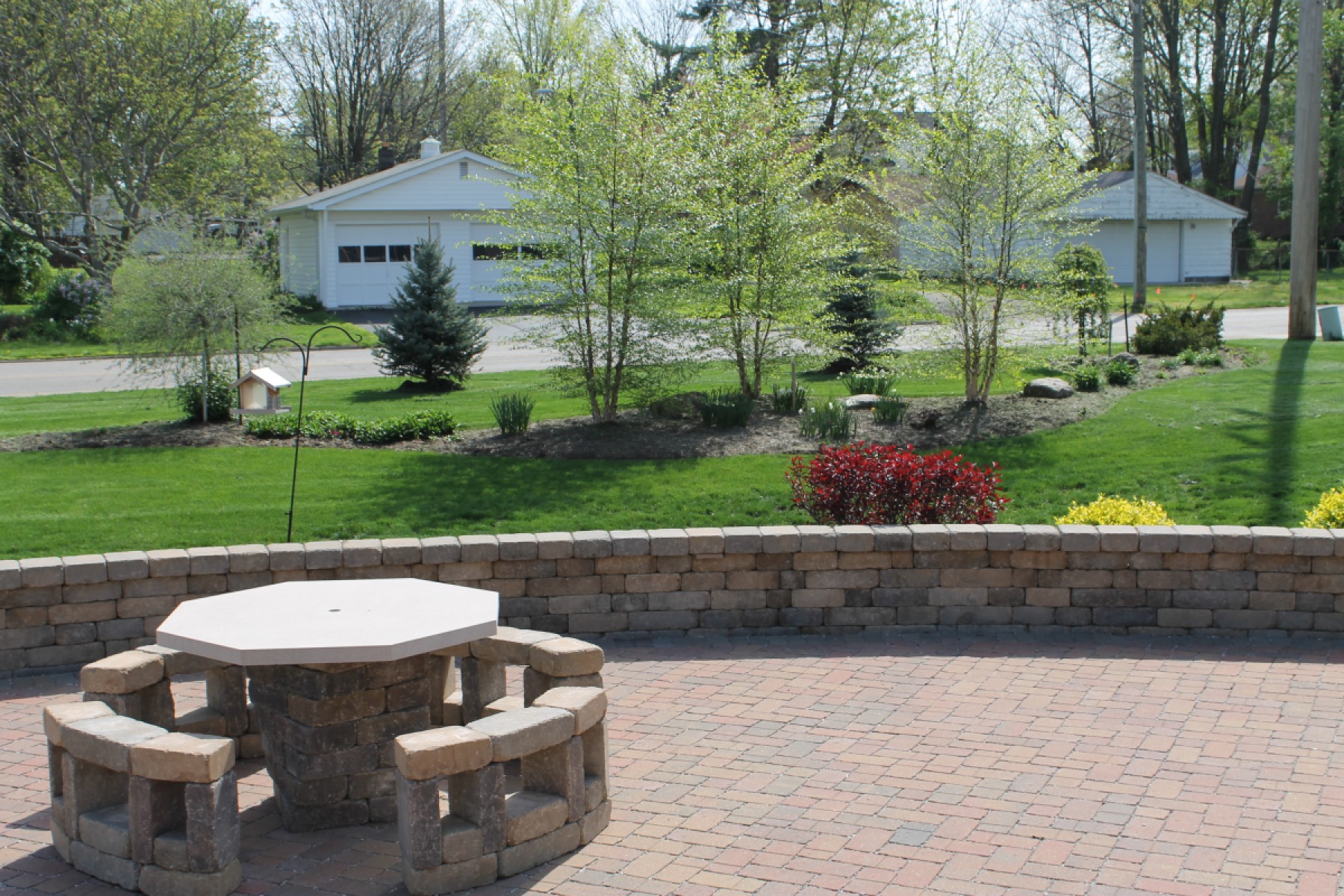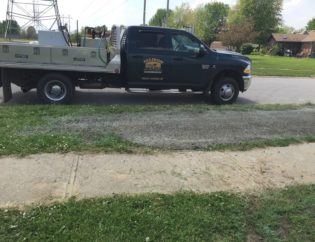
Do you have crocuses, tulips and daffodils poking through the ground in your Central Indiana yard? Yes, February has been a bit confusing for the Midwest, especially for our spring-flowering bulbs.
While we’ve been basking in the sunshine and enjoying the unusually warm 60 and 70 degree February temperatures in the Hoosier state, our gardens have awoken from their slumber, and they have no idea we’re set to dip back into the low teens by the weekend. They think it’s SPRING.
Allison Farms Landscaping Team Talks Spring-Flowering Bulbs
Yes, spring-flowering bulbs are hardy and remarkably resilient, but they can be damaged by extreme cold, winds and frost. They much prefer a gradual warm as spring approaches. Yo-yoing temperature extremes really aren’t good for them at all.
7 Spring-Flowering Blub Protection Tips
- Crocuses, snowdrops and hyacinths are pretty tough and for the most part impervious to cold and snow. If daytime temperature come up a bit into the mid to high 20s, overnight chills generally do not bother them or cause lasting damage.
- Tulips, daffodils and lilies are a bit more prone to freezing temperature damage, if they have started to form buds. If a hard freeze or prolonged low temperatures are in the forecast, it is wise to cover them up.
- If cold winds are in the forecast, they can be a bit worrisome. They can have a drying effect on plants. The combination of wind and severe cold is one to watch.
- Several inches of dry leaves, straw, bark chips or evergreen boughs provide great protection from extreme cold. Once weather warms back up, uncover and allow the plants to continue to grow as normal.
- Mulch helps keep soil temperature constant and shields premature foliage. If your bulbs are coming up, now is a great time for a little mulch or straw, if you did not mulch in the fall. Keep it loose and only cover an inch.
- Overnight covering of flowering buds with a sheet, burlap or landscaping cloth supported by plant stakes can help protect but avoids breaking stems. Avoid plastic materials.
- If frost damage does occur, don't cut off foliage, even if it is damaged, as bulbs need the foliage to feed the bulb. If it is still early in the season, and the plant sends up new, green foliage, then it is safe to remove the damaged leaves.
Yes, sometimes Mother Nature plays some nasty tricks with yo-yo weather this time of year and the gardener in us gets a bit anxious, but chances are your spring-flowering bulbs will be fine. As long as the daytime temperatures will rise above freezing, most spring bulbs won't be phased at all by short periods of cold and frost.
As long as flower buds are below ground, they are well protected from the cold. Before the buds open, bulbs are fairly immune to the cold. However, if you have flower buds that have already lifted their heads to the sunshine, then you will need to take some precautions and protect them from the chilly temps and wind. Open flowers are more sensitive to frosts, wind and freezes.
The Allison Farms Landscaping team is happy to help with a few great tips to carry you through until the true kick-off of spring in Indiana.

